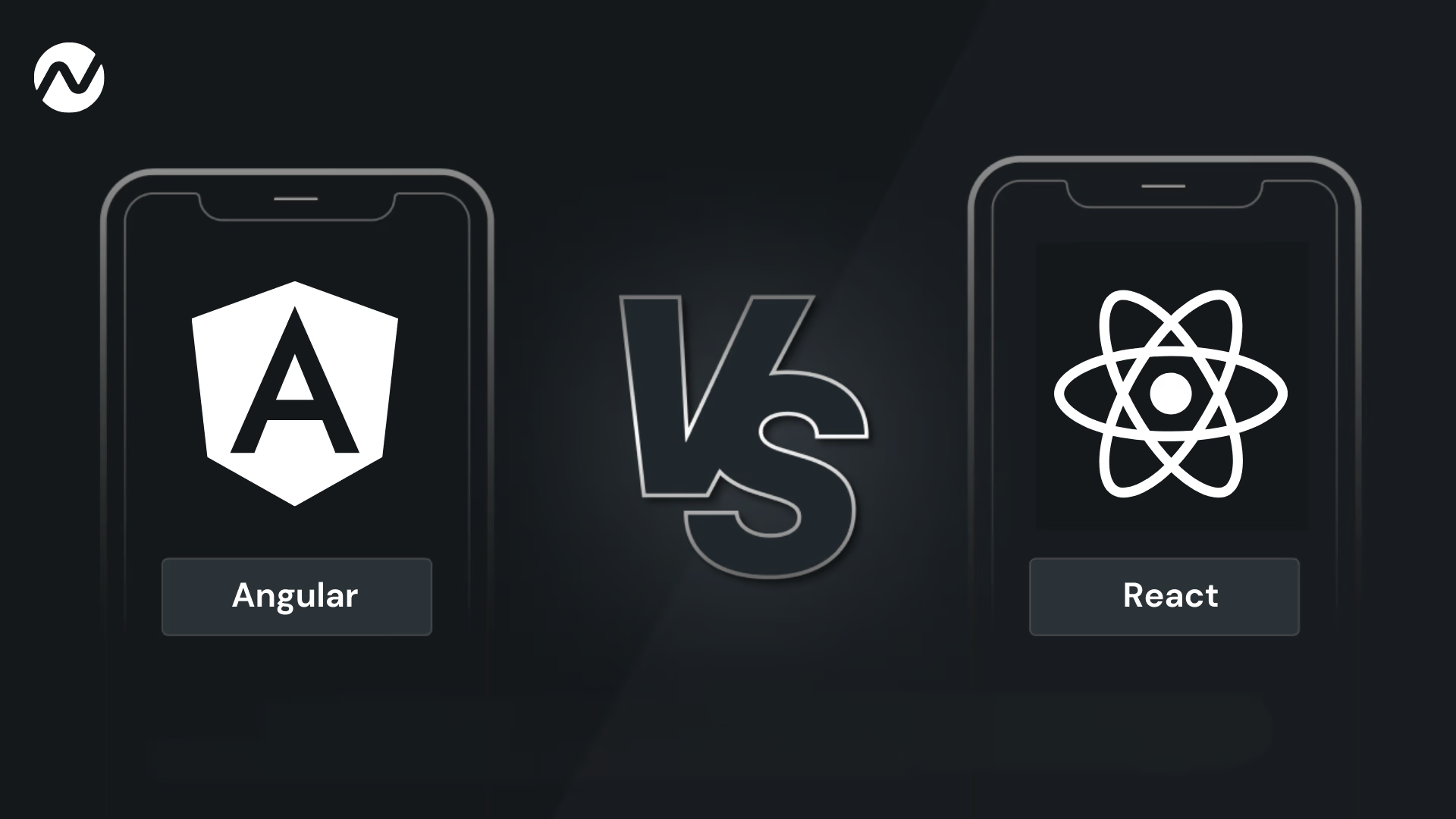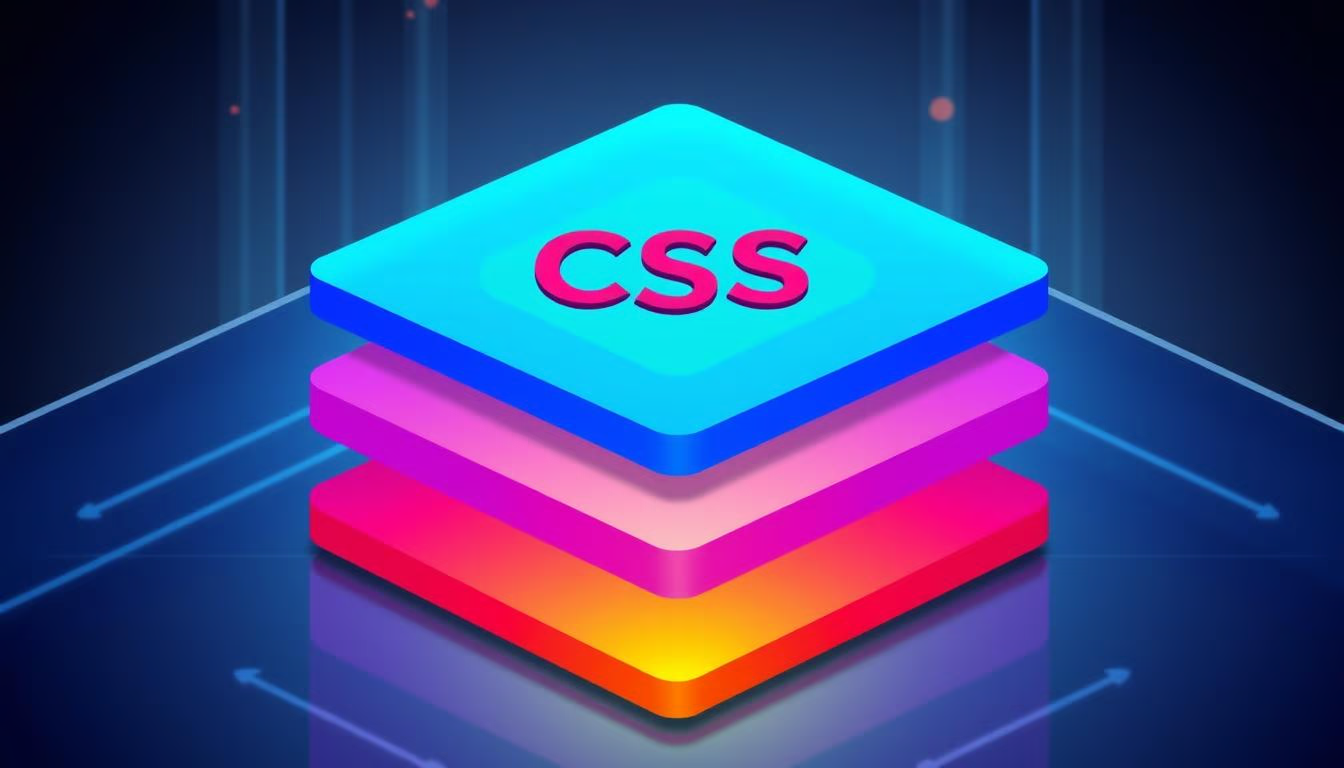
Top IT companies in Gujarat
October 24, 2024
October 15, 2024

In the world of front-end web development, choosing the right framework or library can significantly impact the success of your project. Among the many options available, Angular and React stand out as two of the most widely used and debated technologies. Both are powerful in their own right, offering distinct features and advantages depending on the use case. However, developers and businesses often find themselves asking, "Angular vs React: which one is better?"
In this blog, we will provide a detailed comparison of Angular and React, focusing on aspects like performance, scalability, and overall development experience. Additionally, we will explore why React is often considered a superior choice for many projects, while still acknowledging the strengths of Angular.
By the end, you will have a clear understanding of both frameworks, empowering you to make an informed decision based on your specific project requirements.
Both Angular and React have revolutionized front-end development, yet they take fundamentally different approaches. Here's a quick overview of both:
While both technologies are popular, they serve different needs and come with their own sets of pros and cons, which we will explore in depth below.
Angular is a complete MVC (Model-View-Controller) framework, which means it provides out-of-the-box solutions for routing, state management, form validation, and more. The MVC architecture makes Angular an excellent choice for enterprise-level applications that require complex data flows and large-scale functionality.
React, on the other hand, focuses solely on the View in the MVC model. It provides flexibility by allowing developers to pick and choose additional libraries for other functionalities, such as routing (React Router) or state management (Redux or Context API). This makes React more modular and lightweight, perfect for applications where speed and simplicity are key priorities.
One of the significant factors when deciding between React and Angular is the learning curve.
Performance is a crucial consideration when selecting a front-end technology, particularly for applications that need to scale and provide a seamless user experience.
Popularity is an essential factor to consider, as it directly impacts the community support, available resources, and hiring possibilities for your project.
| Feature | Angular | React |
|---|---|---|
| Type | Full-fledged framework | UI Library |
| Developer | ||
| Learning Curve | Steep (TypeScript, RxJS, etc.) | Moderate (JSX, JavaScript) |
| Performance | Slower with real DOM | Faster with virtual DOM |
| Component Architecture | Yes (complex with directives) | Yes (simpler, functional) |
| Data Binding | Two-way | One-way |
| Use Cases | Enterprise apps | Single-page apps (SPAs), UIs |
| Community Size | Large | Very large |
| Flexibility | Less flexible (rigid structure) | Highly flexible (customizable) |
React’s virtual DOM provides a substantial performance boost compared to Angular’s real DOM. For applications with dynamic content that requires frequent updates, React can offer a smoother, more responsive user experience. The component reusability and faster rendering make React particularly suitable for projects focused on speed and interactivity.
While Angular is a fantastic choice for enterprise-level projects, React is often the preferred option for modern, scalable applications. Its modularity ensures that components can be developed, tested, and maintained independently, which is ideal for applications that need to evolve quickly in response to user needs.
React’s developer-friendly tools, such as React Developer Tools and Redux DevTools, improve the debugging and monitoring process, making development smoother. Its growing ecosystem and the massive community also mean that developers can access a plethora of libraries, tutorials, and resources to help them.
React’s widespread adoption by companies like Facebook, Airbnb, Uber, and Netflix speaks to its reliability and performance. Startups and large enterprises alike appreciate React’s simplicity, performance, and flexibility.
When it comes to Angular vs React, the choice ultimately depends on the project’s specific requirements. If you are building a large-scale, enterprise-level application that requires extensive tooling and built-in functionalities, Angular is a solid choice. Its MVC architecture and two-way data binding are tailored for complex data management needs.
However, for modern web applications that prioritize performance, flexibility, and a great developer experience, React often emerges as the better choice. Its virtual DOM, component-based architecture, and extensive ecosystem make it ideal for scalable, high-performance applications.
At Nexowa, we understand that selecting the right technology for your project is a critical decision. Our team of experts is well-versed in both Angular and React, and we can help guide you towards the best solution for your unique business needs. Whether you're looking for fast, dynamic web applications or need a more complex enterprise solution, Nexowa's commitment to quality ensures your project's success. Contact us today to learn how we can assist with your Angular or React project.
1. Is React easier to learn than Angular? Yes, React has a simpler learning curve due to its focus on the view layer and reliance on JavaScript, whereas Angular requires familiarity with TypeScript, RxJS, and its own architecture.
2. Can I use React for enterprise-level applications? Yes, React can be used for enterprise-level applications, especially with the support of tools like Redux and Next.js for larger, more complex projects.
3. How does the virtual DOM benefit React’s performance? The virtual DOM allows React to efficiently update only the components that have changed, resulting in faster performance compared to Angular’s real DOM, which updates the entire tree.
4. Is Angular better for SEO than React? Both Angular and React can be optimized for SEO, but React has an edge due to its compatibility with server-side rendering using tools like Next.js.
5. Which is better for mobile development: Angular or React? React has a dedicated mobile framework called React Native, which is widely used for mobile app development, giving it an edge over Angular for mobile-focused projects.

Top IT companies in Gujarat
October 24, 2024

Hire a Dedicated App Developer: Build Your App Today
October 24, 2024
-1729776429043.avif?alt=media&token=2affca87-dade-4f14-94cb-2c2416a8238d)
What is Angular? Superior Web Development, Performance & Benefits
October 24, 2024

Building a Tech Stack for Growth: Tools and Technologies Driving Business Expansion
October 15, 2024
-1729777074986.avif?alt=media&token=c8b8bf65-87d3-47d8-b990-3ff1929ea86f)
Amazing Tech: Is AI-Powered App Development with FlutterFlow the Future?
October 15, 2024

What is CSS nesting?
October 15, 2024